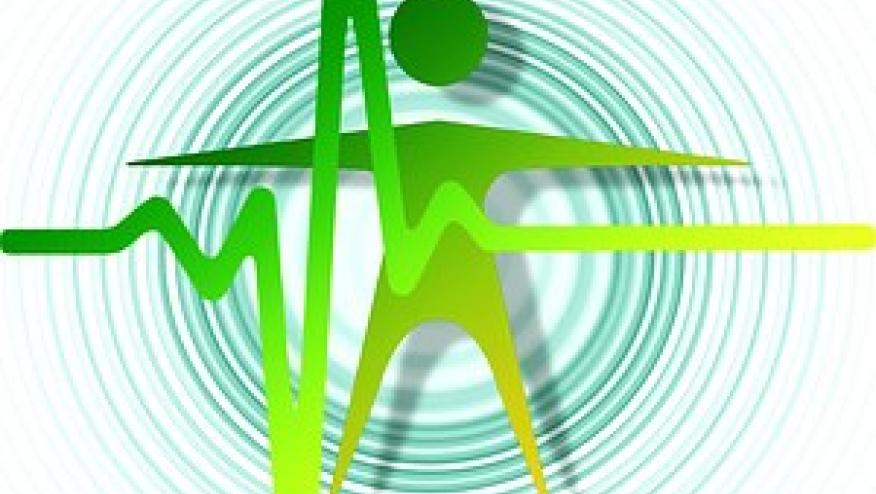Probenecid Benefits Heart Failure Save

In animal studies, probenecid was shown to have positive inotropic effects on the cardiomyocyte mediated by transient receptor potential vanilloid 2 activation. This concept was further studied in 20 patients with heart failure with reduced ejection fraction where probenecid was shown to improve cardiac function after just one week of probenecid treatment.
Probenecid is thought to exert its effects via calcium channel activation by transient receptor potential vanilloid 2.
Patients were treated in a randomized, double‐blind, crossover design. Clinical performance data were collected and parallel laboratory studies assessed murine cardiomyocytes exposed to probenecid or control treatments.
Probenecid therapy significantly increased fractional shortening by versus placebo (P=0.007) and improved diastolic function compared with placebo.
In vitro probenecid increased myofilament force generation (P<0.05) and calcium sensitivity (P<0.01) compared with control.
These findings suggest that myocardial benefits to probenecid treatment may be related to direct effects on calcium channel signaling rather than the indirect effects of serum urate on renal and vascular function.










If you are a health practitioner, you may Login/Register to comment.
Due to the nature of these comment forums, only health practitioners are allowed to comment at this time.